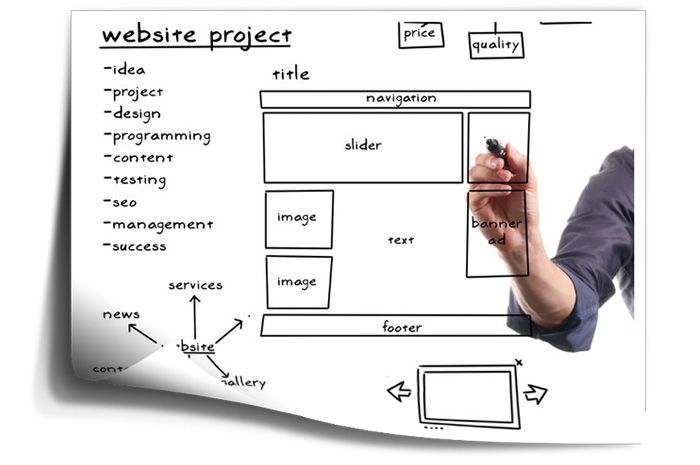
As a mentor
you want your time and your experience to make a difference. But
mentorships, while rewarding, are not without their frustrations.
Luckily, just adjusting your approach can remove a lot of unnecessary
hurdles and frustrations.
Pick your niche. Your mentorship will be stronger if
you first think about who you can best serve. For example, I don't have
the expertise to help entrepreneurs who are interested in areas such as
creating physical consumer goods. I decided to merge my specific
expertise, building technology products and companies, with a focus on
an underserved group: women in technology. Finding the right group of
mentees helps me mentor more effectively.
Make time. Mentorships are relationships. They're
not transactions or crammed sessions on an already booked schedule.
Think carefully about how much time you can contribute and pick a time
interval and frequency you can adhere to consistently. When you meet, be
present without distractions. To progress, you'll need to meet
consistently so you can gauge what your mentees' needs are and help them
accordingly. Most of your initial meetings are just "getting to know
you" sessions, and it's only after meeting a few times that you really
understand someone, their goals and how you can help them.
Don't give advice. Too many first-time mentors offer
advice instead of guidance. They offer a solution based on what worked
for them, given their experience and the context they were working in,
instead of a process that mentees can learn from and apply to their own
needs and situation. Your mentees might have a different background or
challenge and it's important to take the time to understand their
interests, goals, and what's worked and failed for them. For example, I
recently had a mentee who was keen on setting up her own software
development consulting business. Had I just looked on the surface I
would have given her advice and tips on how to set up a consultancy.
However, after getting to know her for about a month, I realized her
shyness might affect her ability to deal with clients directly. We took a
step back and worked on her presentations skills, so she could gain the
confidence she needed to attract clients.
Know when you cannot help. There are times it will
seem like you and your mentee are spinning your wheels. The truth is,
your mentee might need help that is beyond your abilities. If your
mentee is dealing with personal issues, for instance, your mentee might
be better served by a professional therapist or lifecoach. If you don't
have the experience or training that your mentee needs in the moment,
explain that you'll need to put the mentorship on hold. Keep in touch
and connect later when your mentee is ready.
Just say no. If someone reaches out to you, and
you're simply swamped, let that potential mentee know. Maybe you're
overstretched at work or overbooked with other mentees. If that's the
case, once you do have an opening let them know. If you've had an
ongoing mentorship relationship and your schedule changes, let them know
that as well – they'll appreciate your honesty. Since you've built a
relationship with this individual they'll understand and you'll be able
to pick up your sessions when it makes sense for you both.

Poornima Vijayashanker
Poornima Vijayashanker is the founder of Femgineer, an education services company dedicated to helping tech professionals and entrepreneurs better themselves in product development, communication, and leadership.
The author is an Entrepreneur contributor. The opinions expressed are those of the writer.


















